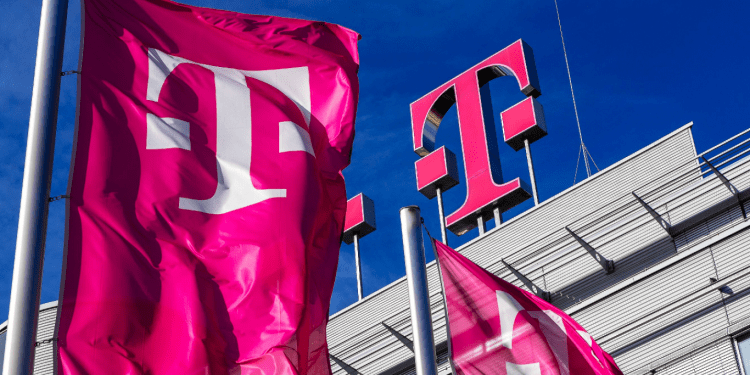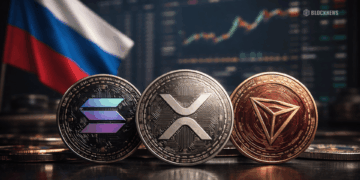- Deutsche Telekom, one of Europe’s largest telecommunications companies, will become a validator for the Ethereum layer-2 scaling platform Polygon.
- As a validator, Deutsche Telekom will provide staking and validation services for Polygon’s Supernets solution, improving security, governance, and decentralization.
- The move signifies Deutsche Telekom’s commitment to expanding its presence in the Web3 domain and exploring new revenue streams in the blockchain space.
One of the largest European telecommunications companies uses its infrastructure as a blockchain protocol validator to boost network security and develop new revenue streams.
Germany’s Deutsche Telekom will become one of 100 validators for the Ethereum layer-2 scaling platform Polygon, providing staking and validation services for the network and Polygon’s Supernets solution.
Polygon is a crucial layer 2 in the Ethereum ecosystem, providing developers with various scaling solutions such as zero-knowledge rollups, sidechains, and data availability protocols.
Deutsche Telekom MMS, a consulting and software development firm, will serve as a Polygon validator for its parent company. This is expected to secure Polygon’s proof-of-stake sidechain and Supernets chain, improving the protocols’ security, governance, and decentralization.
The company will run a full node, generate blocks, participate in the network consensus, and commit checkpoints to the Ethereum mainnet.
Dirk Röde, head of Deutsche Telekom’s Blockchain Solutions Center, mentioned that supporting the Polygon network as a validator is a significant step toward the company’s goal of becoming a major player in Web3 infrastructure:
“Deutsche Telekom is not only a renowned infrastructure provider for mobile and internet services but is also making significant commitments to expand its presence and reliability as an infrastructure provider in the Web3 domain.”
Deutsche Telekom also serves as a validator for Q, Flow, Celo, Chainlink, and Ethereum. Röde stated that the company’s goal is to help institutional clients as a dependable enterprise-grade staking provider.
According to Röde, using the company’s infrastructure as a validator while monetizing the native token of the underlying blockchain network provides Deutsche Telekom with a “dependable, novel, and scalable source of income.”
The possibility of more mainstream telecommunications companies adopting Web3 could also accelerate the decentralization of various proof-of-stake blockchains run by validators:
“Other telecommunications companies are also exploring opportunities in this domain. In a decentralized ecosystem, having a diverse and reliable validator set should be the goal. “
Polygon Labs CEO Michael Blank reiterated this point, emphasizing his belief that the collaboration will pave the way for more mainstream businesses to embrace blockchain technology.
Polygon recently announced a multi-year collaboration with Google Cloud to accelerate the development of the Ethereum scaling protocol’s zero-knowledge Ethereum Virtual Machine, a zero-knowledge proof scaling solution.














